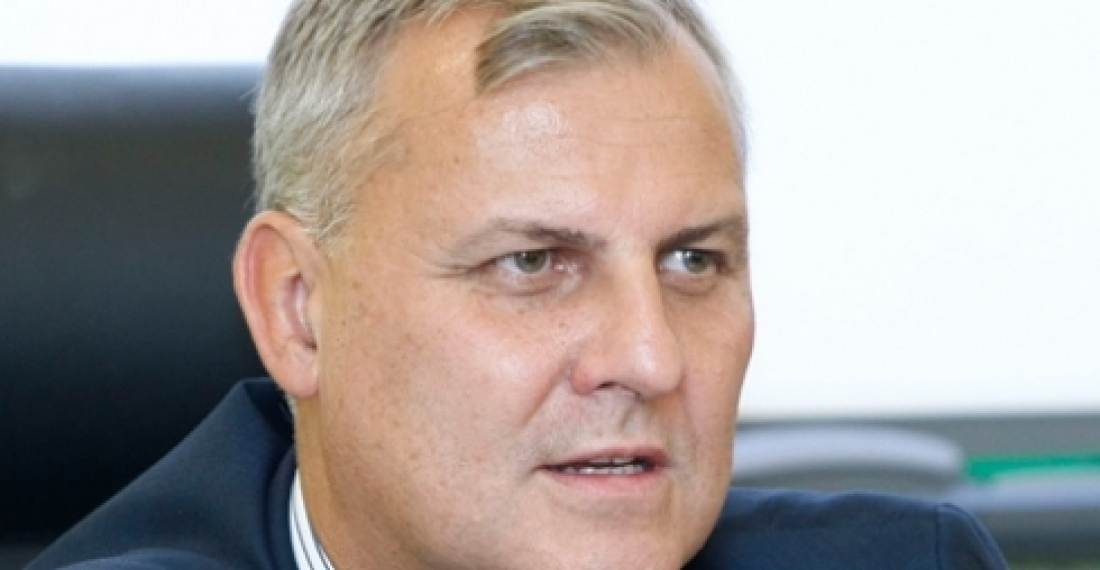Significant changes have been observed in Armenia over the last few years, and it is especially evident from outside that thecountry has made progress, said Raul de Luzenberger, Head of the EU Delegation to Armenia, speaking at the conference "Eastern Partnership: National and European Dynamics" in Yerevan, Wednesday.
He made a point of positive trends in the country and said that everything suggested and prepared by the EU is implemented in active cooperation with the civil society and due to the political will of the authorities. It is not mean, however, that everything is done, he said. Armenia has a series of tests to pass during the upcoming parliamentary and presidential elections, Raul de Luzenberger said. He highlighted the reform in the economic and legal systems and active reform in the sphere of human rights. Some people may not agree that there is positive trend in the country, but it is a natural process of the system's democratization, he said.
The diplomat stressed the importance of both the financial support of the EU and the political support in the process of reforms. He said that dynamics in the region is a necessity for the welfare of all the parties. Promotion of economic contacts between the parties in the region may help them resolve their problems that seem irresolvable, the Ambassador said.
For his part, German Ambassador to Armenia Hans Johan Schmidt expressed regret over the closed Turkish-Armenia border that hinders normalization of the trade and economic relations in the region and hampers implementation of the idea of the free trade zone with the EU. In addition, the German diplomat said, Armenia should not be happy for fulfilling part of the agreement with the EU faster than Azerbaijan or Georgia. The situation cannot be compared, he said, and Armenia must work hard to conclude and implement the free Trade Agreement with the EU.







